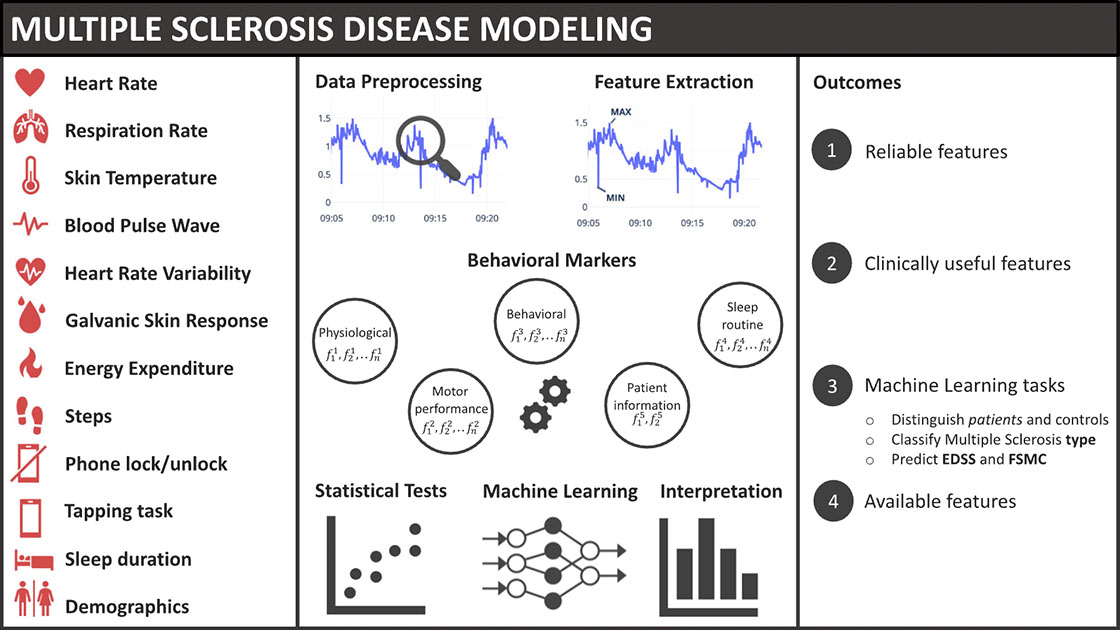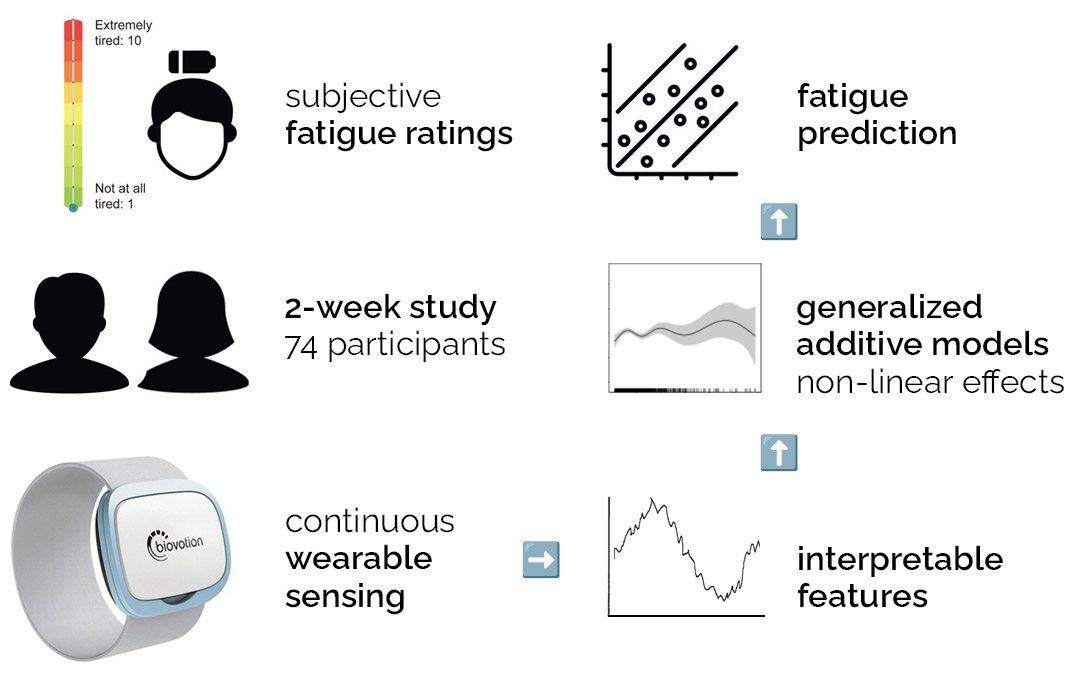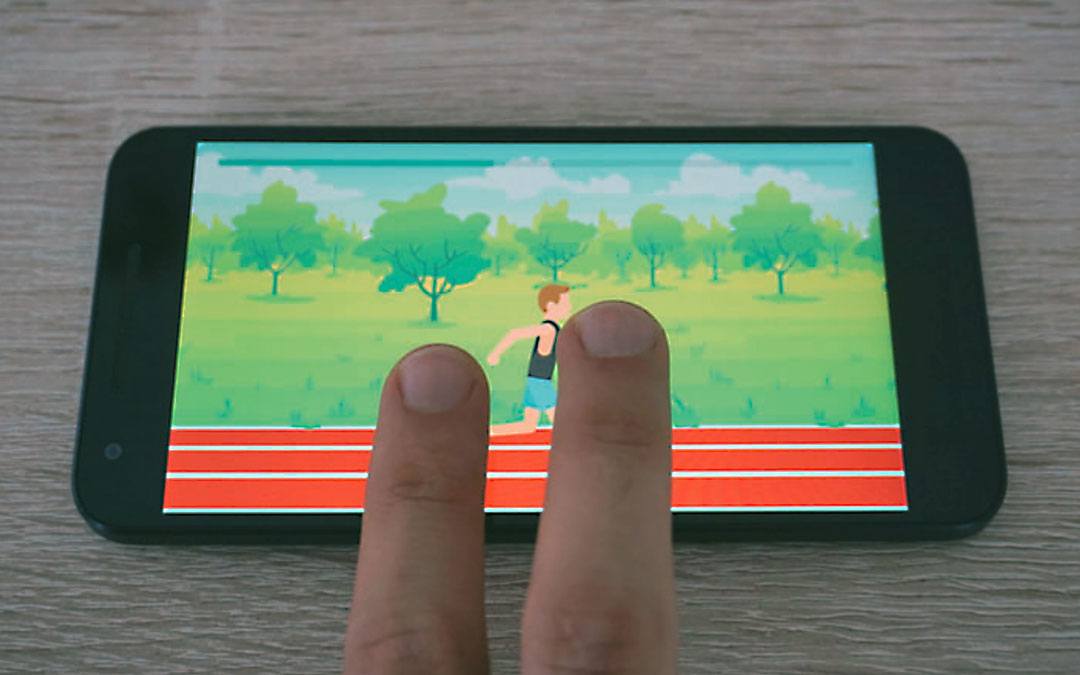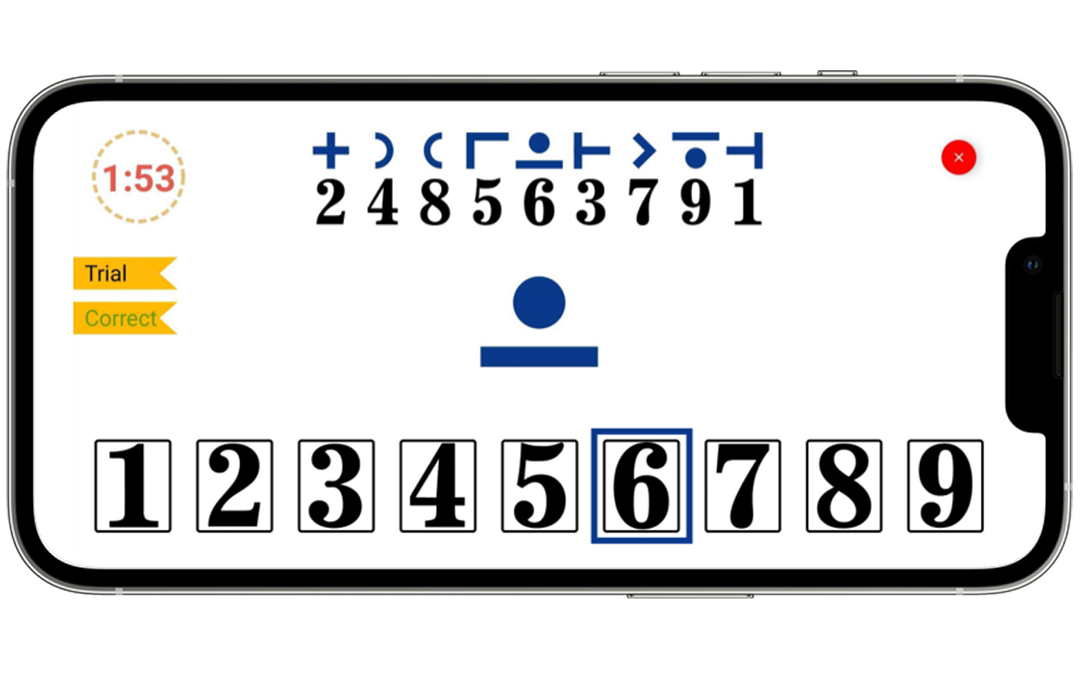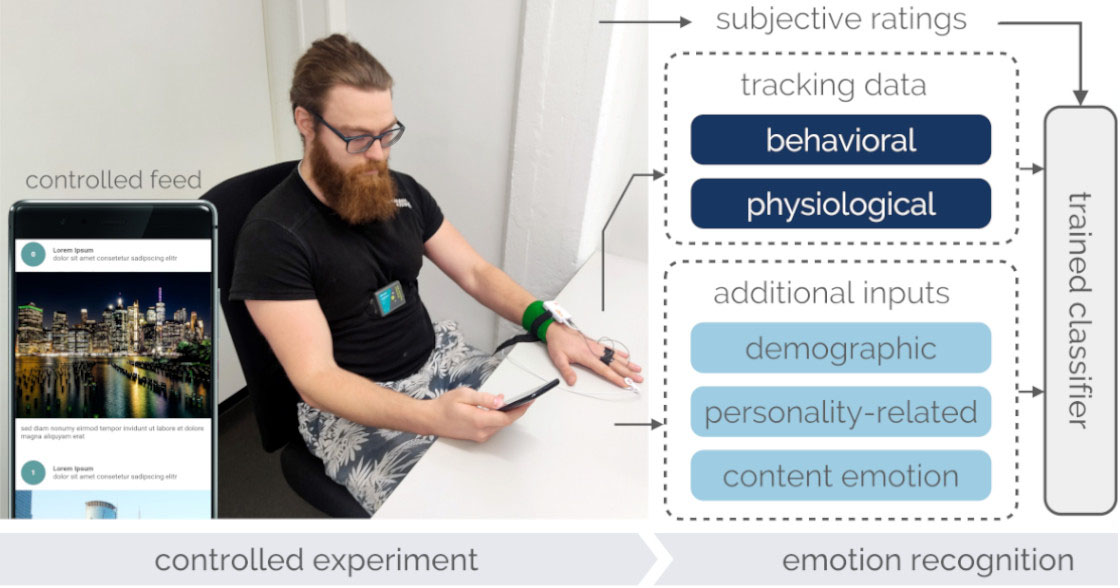Modeling Multiple Sclerosis using Mobile and Wearable Sensor Data
npj Digital Medicine 2024Abstract
Multiple sclerosis (MS) is a neurological disease of the central nervous system that is the leading cause of non-traumatic disability in young adults. Clinical laboratory tests and neuroimaging studies are the standard methods to diagnose and monitor people with MS. However, due to infrequent clinic visits, continuous and longitudinal assessment of people’s physical, cognitive, and physiological functioning is not possible leading to underrepresented symptoms during snapshot assessments.
To enable early access to treatment and slow down MS disease progression, timely diagnosis and continuous monitoring of the disease are fundamental. In this work, we present a machine-learning pipeline that uses data from mobile and wearable devices to distinguish between people with MS and healthy controls as well as to recognize MS disability and fatigue levels. To this end, we formalize clinical knowledge about MS and derive a range of behavioral markers to characterize the disease. To evaluate our approach, we build on a dataset we collected from 55 people diagnosed with MS and 24 healthy controls for a total of 489 recording days conducted in free-living conditions. The dataset contains wearable sensor data—e.g., heart rate—collected using an armband, smartphone data—e.g., phone locks/unlocks—collected through a mobile application, patient health records—e.g., MS type, disability level—obtained from the hospital and self-reports administered on a daily basis—regarding participants, e.g., fatigue level—collected using validated questionnaires sent via the mobile application. The results show that our approach outperforms existing baselines in a series of quantitative validation experiments. These findings open up promising opportunities for continuous and objective assessment of patients’ fatigue and disease disability levels in free-living conditions and can be used to evaluate and guide the effectiveness of treatments, for identifying participants for clinical trials and overall decision-making and disease management.
Reference
Shkurta Gashi, Pietro Oldrati, Max Moebus, Marc Hilty, Liliana Barrios, Firat Ozdemir, PHRT Consortium, Veronika Kana, Andreas Lutterotti, Gunnar Rätsch, and Christian Holz. Modeling Multiple Sclerosis using Mobile and Wearable Sensor Data. In npj Digital Medicine 2024.
